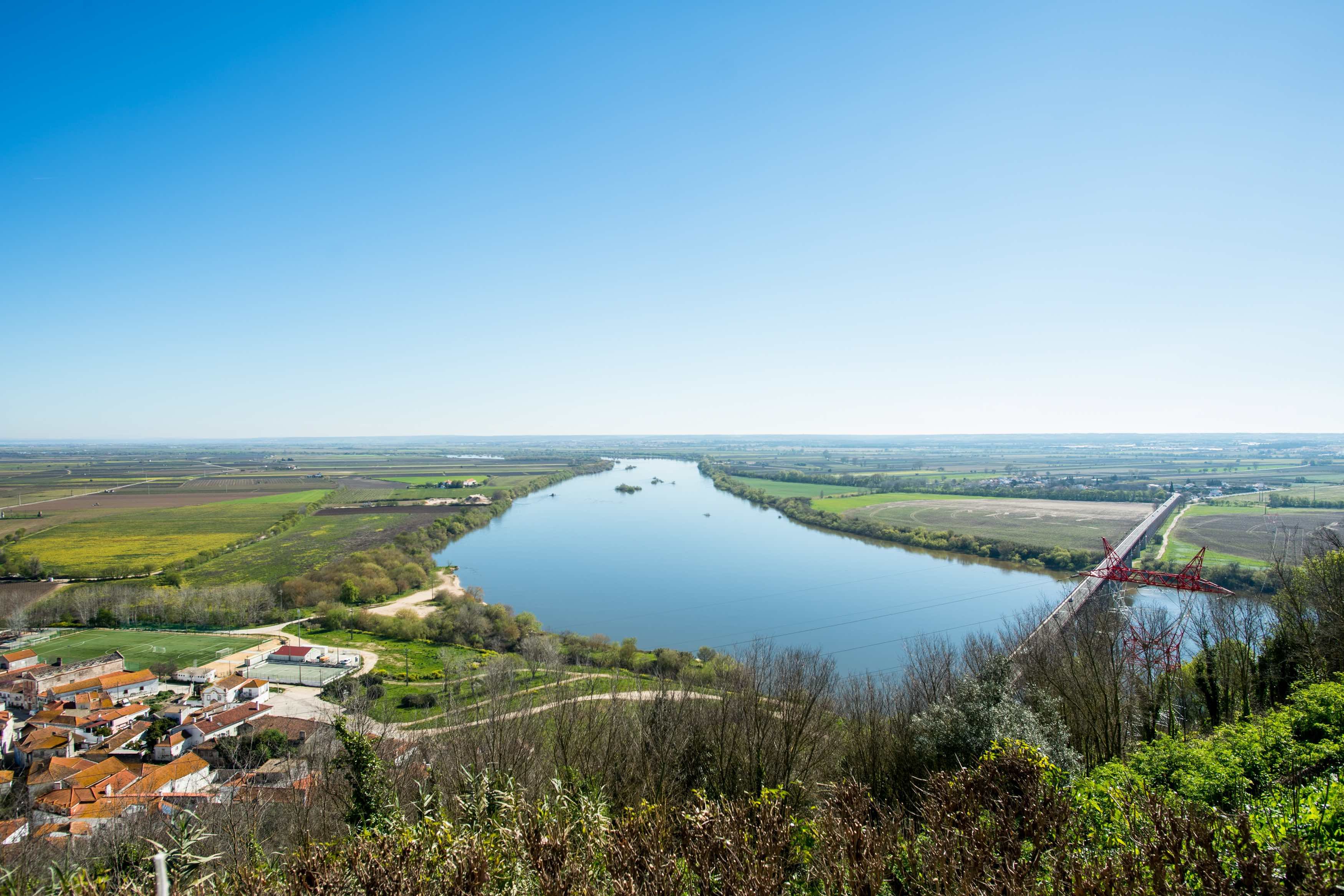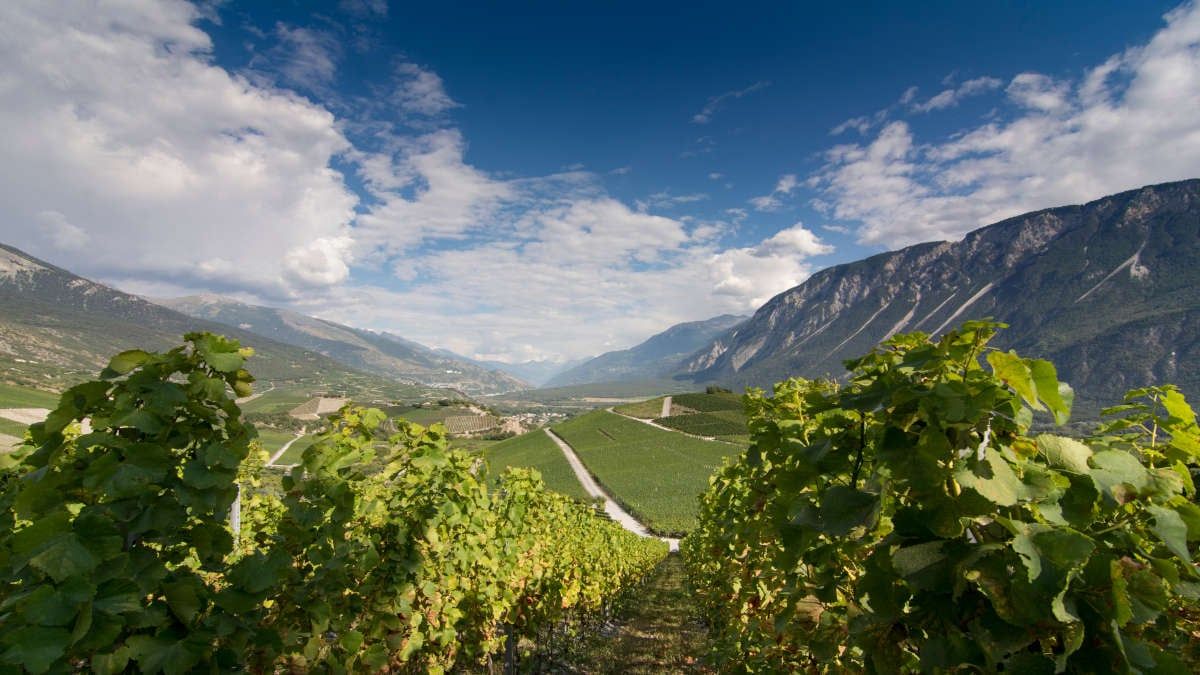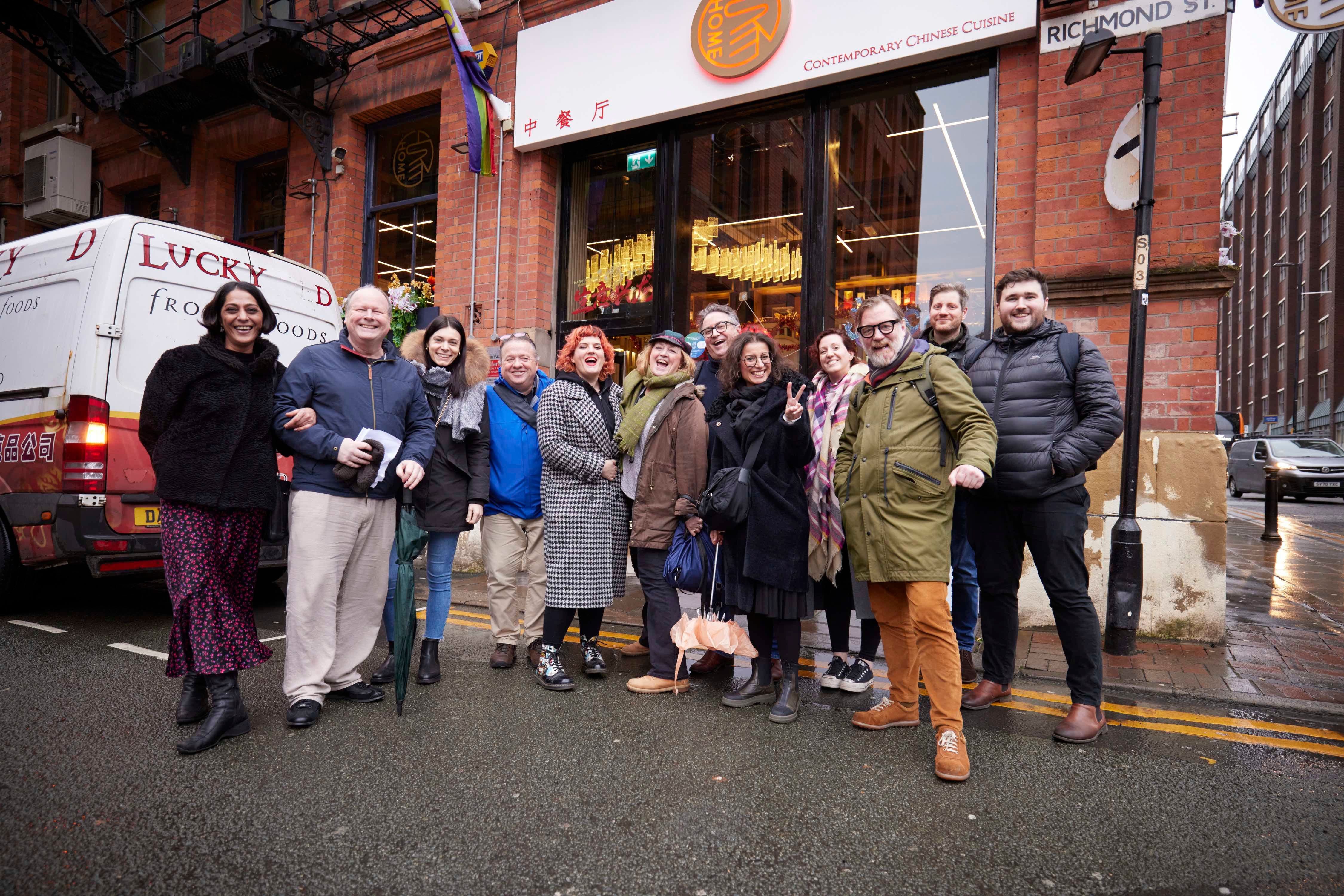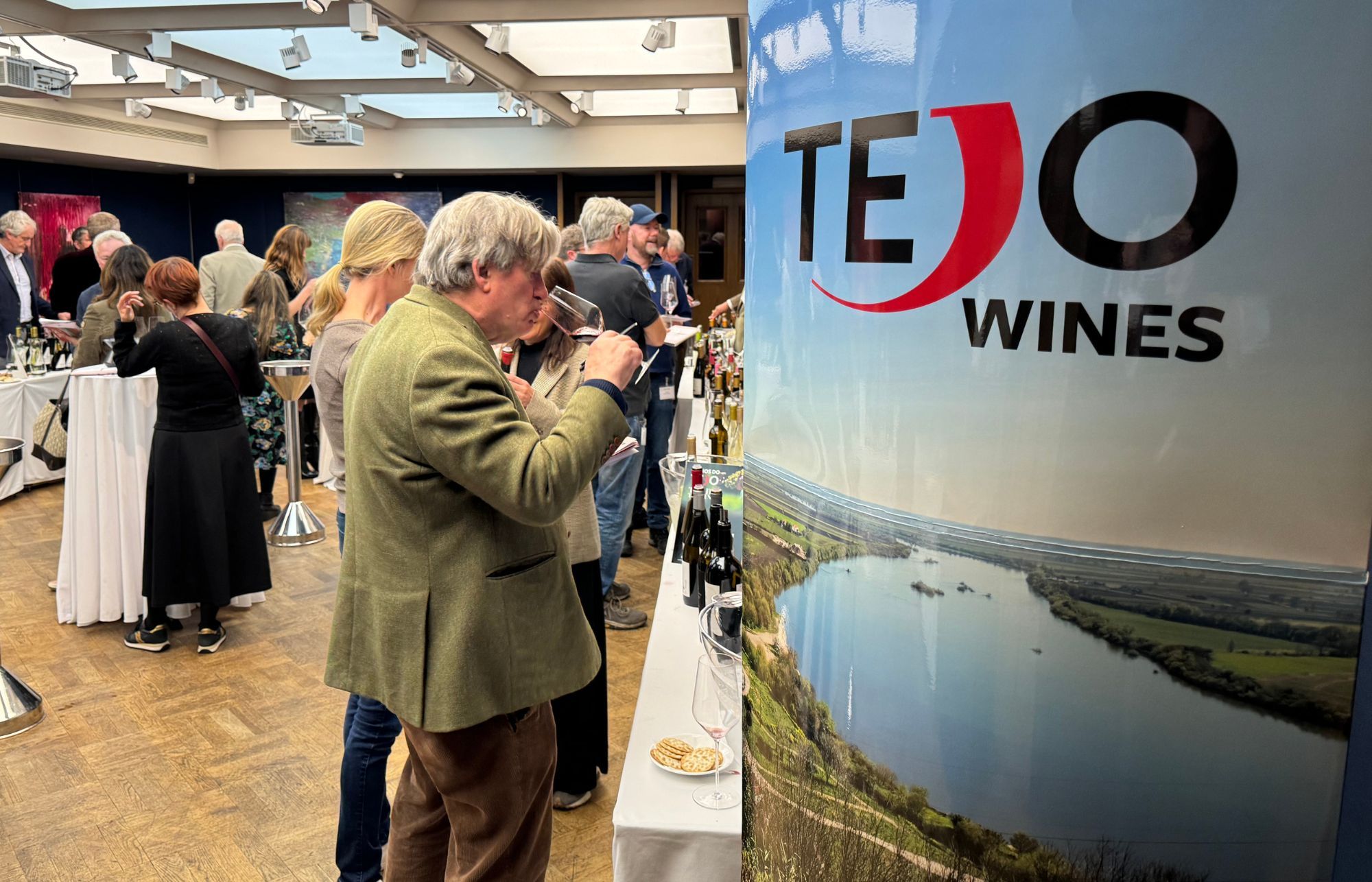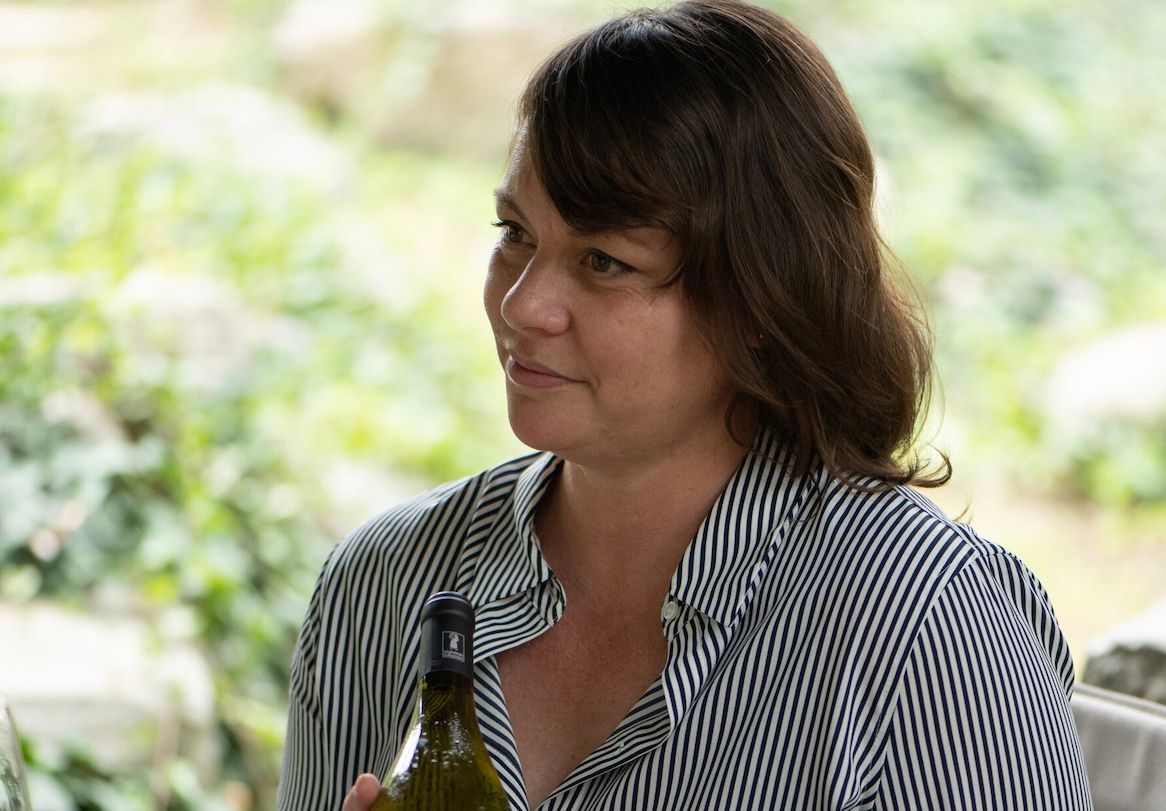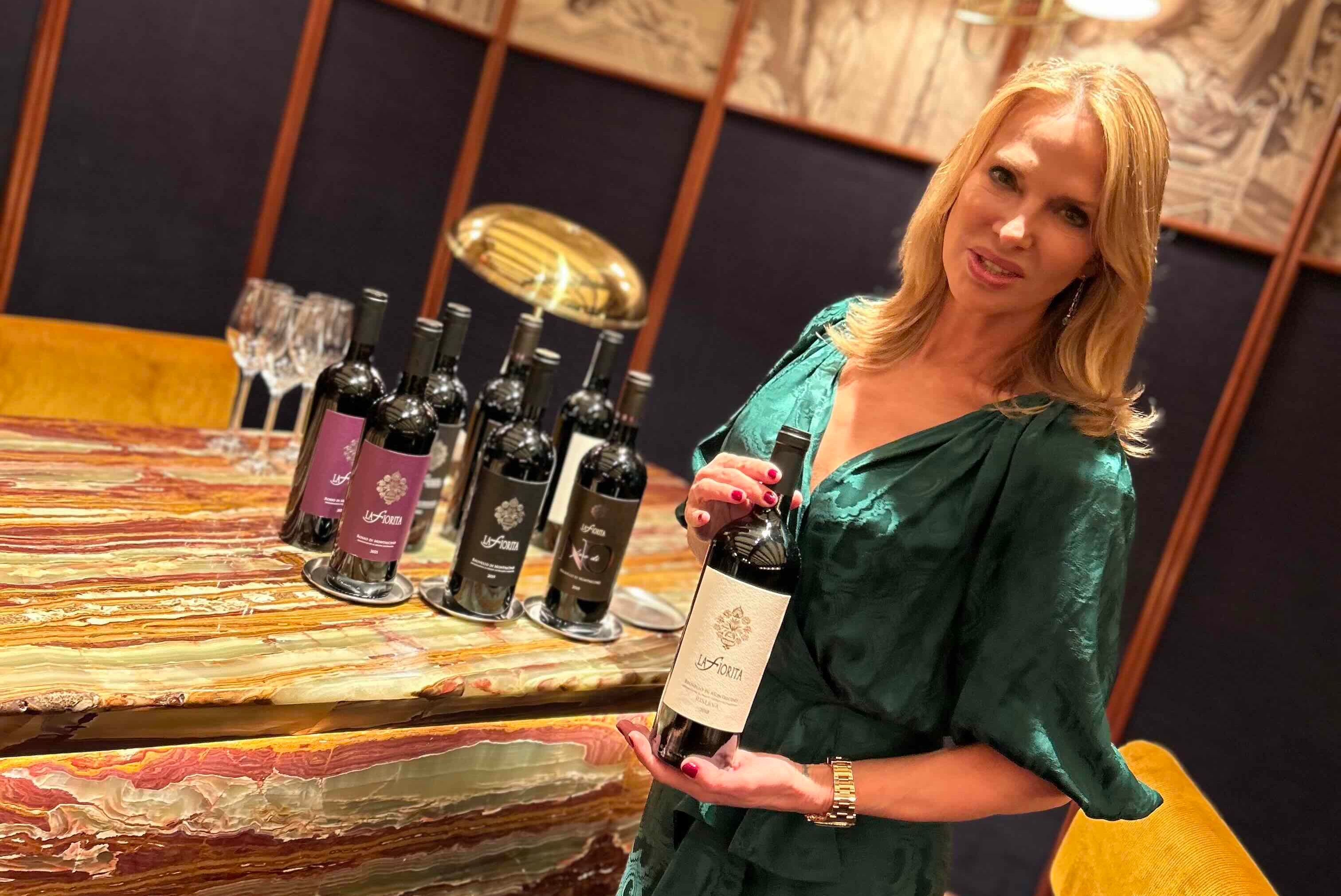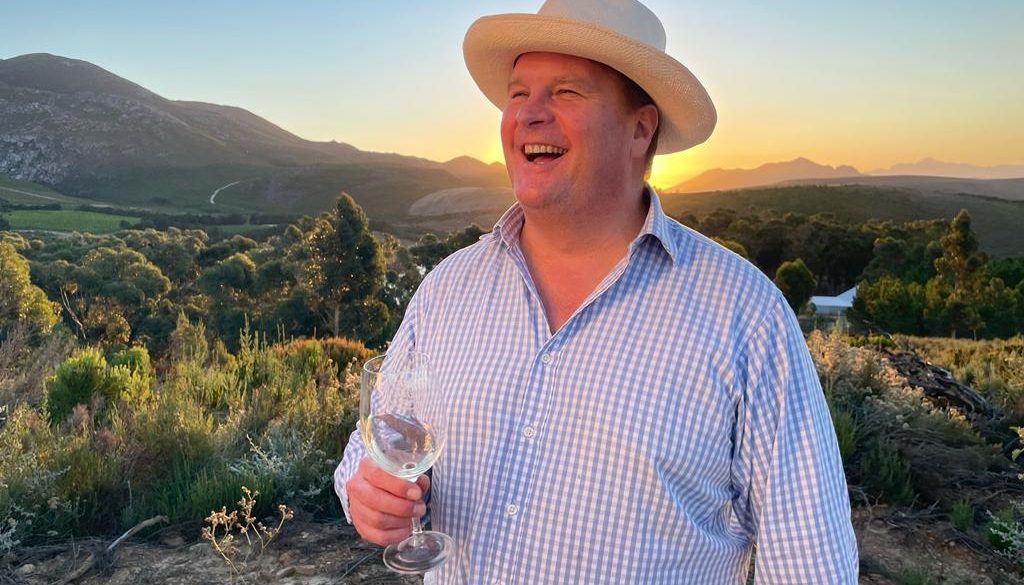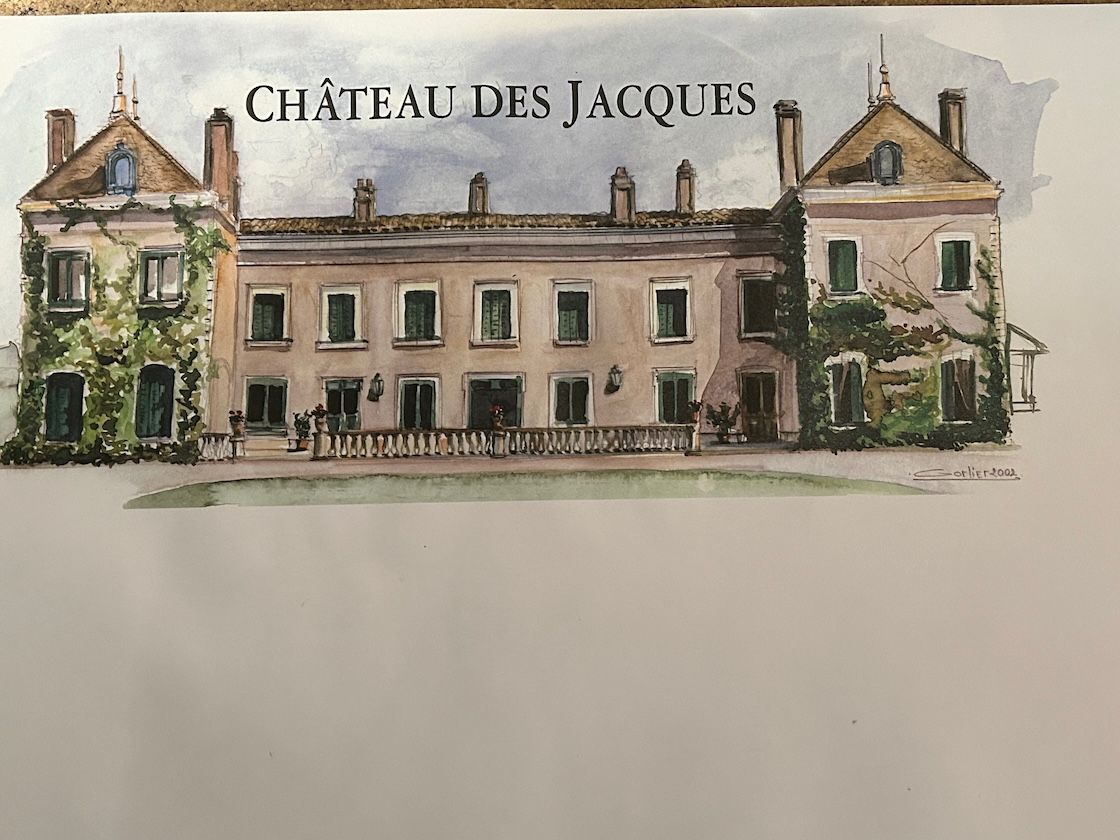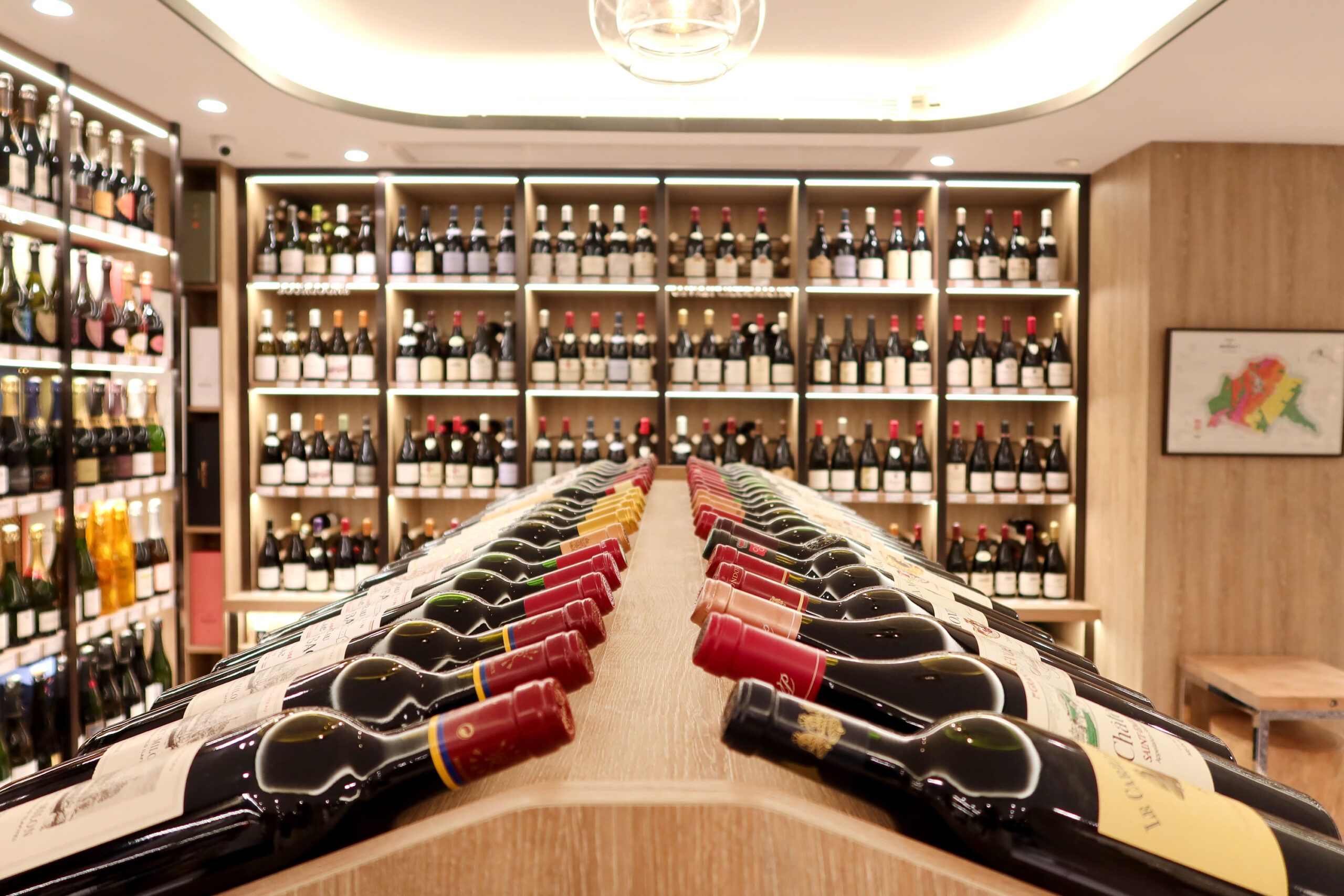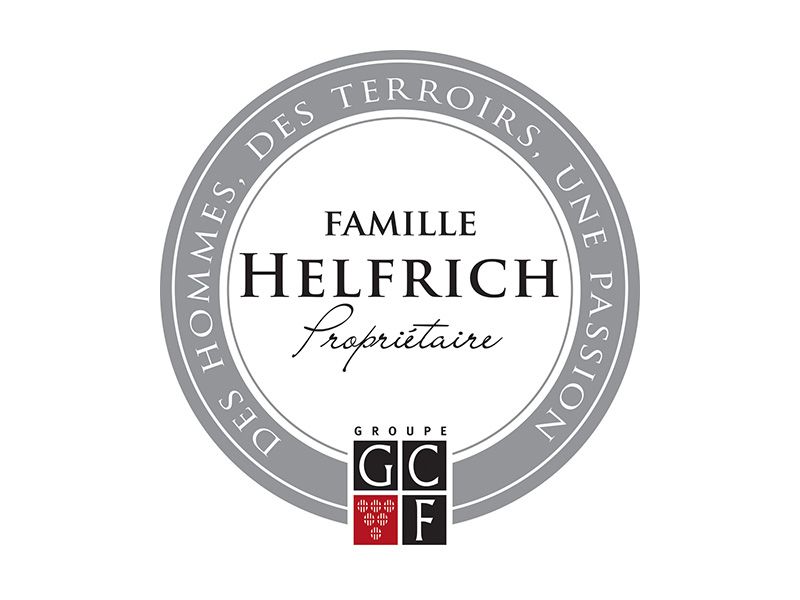Nick Oakley, chairman of Oakley Wine Agencies

Nick Oakley has long been a champion of Tejo wines
Of all the regions in Portugal what makes Tejo different and worthy of our attention?
It is the farming heartland of Portugal, has terrific capacity for both volume AND quality. Climatically it is in an excellent location being 30-50km inland from the Atlantic – where maritime and continental climates converge.
What developments have you seen in Tejo in recent years that make it particularly relevant to premium wine buyers?
More high quality wines coming through. Away from the river, up on the terraces of ‘charneca’ extremely good wines are being made.
How would you describe the styles of wine from Tejo and what is it that makes them typically from Tejo?
Fruit driven, rich on the palate but still easy drinking. Even the very best wines, when young, are approachable with forgiving tannins, and full of juicy fruit
What do you think the region needs to do more to stand out and be noticed?
I think it is doing a great job already, the style is appreciated. Just need he word Tejo to be repeated a million times so that people get familiar with it, as they are familiar with Rioja orMalbec. It’s not a hard word to pronounce, and the style is pretty consistent – you know what you are getting if you buy Tejo.
By far the best way to do this, is to get the word ‘Tejo’ as the largest word on any label – the region is the brand. Just like Chablis is the largest word on a bottle of Chablis. This a marketing ‘101’ but producers are reluctant to go in this direction generally.
What sort of price points can Tejo best serve both in retail and on wine lists?
In retail it has a strong offer below £10 though some wines punch a bit higher than that. In the on-trade, I think house wine, and by the glass can work well.
What are you hoping from the upcoming tasting in London and the impact that could have?
Getting Tejo more generally understood – we certainly have had plenty of success with Tejo wines over the years, it’s a very good value for money offer, with a peppering of finer wines. From our own company perspective a large volume supermarket listing would be great.
Charles Metcalfe wine judge, writer, and author of 'The Wine & Food Lover's Guide to Portugal’

Charles Metcalfe says Tejo can offer wine buyers diversity and variety at most major price points
Of all the regions in Portugal what makes Tejo different and worthy of our attention?
The Tejo wines are plentiful, easy-drinking and available at a wide range of price points, from really inexpensive to hero status.
What developments have you seen in Tejo in recent years that make it particularly relevant to premium wine buyers?
A much higher proportion of Tejo wines is now sold with DOC qualification, and the more stringent testing that accompanies this. So Tejo wines are now even more reliable than they used to be.
There has been a move back to Portuguese grape varieties, but there are still grapes like Chardonnay and Syrah with mature vines, that offer reassurance to UK buyers less familiar with Portuguese grape names.
How would you describe the styles of wine from Tejo and what is it that makes them typically from Tejo?
Tejo wines have a wonderful balance between an ability to ripen the grapes perfectly in all but the most difficult years and a freshness that comes from enough exposure to the Atlantic air currents that cool the vines after a long day in the Tejo sun.
Winemaking is also uniformly reliable, and the Tejo now has some star winemakers.
What do you think the region needs to do more to stand out and be noticed?
Tejo has to keep up the programme of promotional events, and invite more opinion - formers and key buyers and importers to visit the region.
What sort of price points can Tejo best serve both in retail and on wine lists?
Portugal sells its inexpensive wines too cheaply, and the Tejo is no exception to this. The Tejo has some outstanding co-ops, that could get higher prices for their wines. But offer almost embarrassingly good value for UK retailers.
For the on-trade, the Tejo deserves to be better known. This would be best achieved by taking importers to see for themselves how good the top wines are.
Brian Howard, wine industry consultant

Brian Howard has been consulting with Tejo producers for a number of years
Of the many wine regions in Portugal and beyond, what makes Tejo different and worthy of our attention?
Having worked with the Tejo wine region for several years at Wine intelligence and now as an independent consultant, I am still amazed by this community’s winemaking ingenuity, working with both indigenous and international grape types, and often cleverly blending both.
Recent discoveries include an accomplished Fernão Pires/Arinto blend and an impressive Old Vines Grenache. The producer community is endearing - mainly younger, dedicated to preserving and enhancing their often-ancient vineyards, continually embracing new ideas and sustainability goals, and committed to delivering excellent quality at the full range of price points.
What developments have you seen in Tejo in recent years that make it particularly relevant to premium wine buyers?
The region’s priority over the last 10 years has been rigorously focus on increased quality. Specifically: fresher styles, distinctive blends and flavours, and enhanced expression of varietal character. To underpin this quality focus, the Tejo wine community subjected themselves to a rigorous programme of external judgement and oenological advice.
Over a period of five years, they retained the services of a widely respected international wine judge to spend three days each year tasting over 150 representative wines, rating each of them and providing guidance on how to further improve winemaking quality. Over that period, the percentage of wine accorded scores of 89 or higher by this wine judge increased from 38% of the sample to 61%.
During the same period many of the region’s 80+ winemakers increased their focus on creating and then consistently improving their premium wine output. Many of the internationally trusted wine judges and sommeliers who have visited the region have expressed similar reactions about their Tejo wine experiences.
As one said: “I didn’t know this region well and now, having tasted a selection of their premium wines, I am surprised, amazed and exited by the quality, originality and diversity that Tejo now offers in international markets.”
Marta Mateus-Bowers, founder of Marta Vine
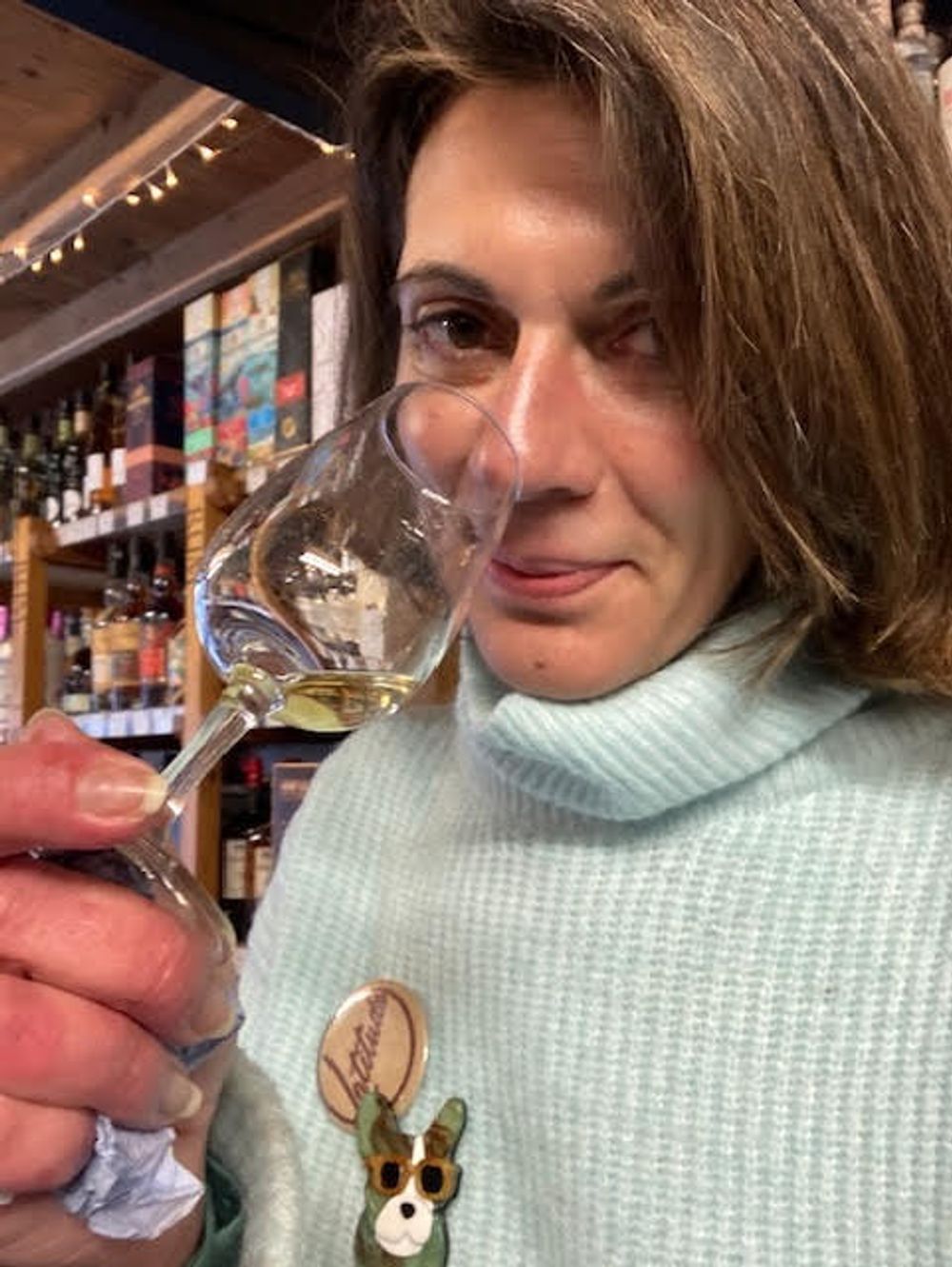
Marta Mateus-Bowers says Tejo has seen big step changes in the quality of its wines
Of all the regions in Portugal what makes Tejo different and worthy of our attention?
Tejo is a region that had significant changes in the past years. From a region where quantity was well known rather than quality, things have changed in the past decade. This is why it is definitely worth attention these days as quality has improved greatly if you know where to look and producers still have half an eye on keeping their prices competitive.
We must also look into the climate changes in the past two decades, it’s getting pretty obvious that regions are changing their character and Tejo might benefit from being by the Tejo river and still under the influence of the Atlantic sea in some of the sub regions. This is why they are making interesting wines here with international grapes that are hard to cultivate in some of the other more experimental regions. I have tried excellent Pinot Noir, Malbec and Sauvignon Blanc wines in particular.
What developments have you seen in Tejo in recent years that make it particularly relevant to premium wine buyers?
Tejo has received good support with EU funds to help improve and modernise its wineries. As a region I also think the Tejo commission is doing a good job promoting the region internationally but also showing the diversity of sub regions and the differences in them.
The premium eno-tourism in the area might also prove to be an asset and a good way to promote its more premium wines and highlight those producers with fabulous estates to stay. The wines are gaining in quality all the time, especially as you move away from the very fertile river valley.
How would you describe the styles of wine from Tejo and what is it that makes them typically from Tejo?
Tejo wines are some of the most affordable and vibrant in Portugal. There is a diversity of styles that appeal to a variety of tastes and budgets, especially internationally. Tejo's native red grapes include some of the most deep and bright colour grapes as the bold Touriga Nacional, Portugal's most famous varietal, as well as Trincadeira, Castelão and Aragonês.
On the whites you have beautiful bright grapes with high acidity combining floral and tropical fresh fruits aromas.
What do you think the region needs to do more to stand out and be noticed?
Maybe it needs to hold more international events that focus on Tejo as a region and allows people to better understand its terroir, variety, history, culture (not just wine) and uniqueness of the region.
The Tejo Wine Commission should focus and target these areas to promote so that Tejo wines develop their own identity. Get more people to the region so they can see how attractive and diverse it is. Located just outside Lisbon it’s an easy access to explore.
What sort of price points can Tejo best serve both in retail and on wine lists?
This is more of a delicate question as there are still those who associate the region for producing cheap wines. The truth is there is plenty of quantity wines being made which can bring an imbalance of price points. We know that we have plenty of cooperatives in the area so we must look into a genuine relation between price and quality of the wines.
I don’t like to label regions with a price bracket for their wines, but we must be assertive to start to show the region with a diversity of prices so that the market can see there are wines for all different markets from the region. As an importer of Tejo wines, the initial interest was in the value for money, but as the prices have increased quite steeply in the last few years, our customers are
still purchasing the wines, but are now more focused on their quality.
What are you hoping from the upcoming tasting in London and the impact that could have?
I hope there is an awakening in the UK market for Tejo wines. It has something to offer everyone and gives the consumer the chance to explore and try wines from its different terroirs. I think that the wines have plenty to show in terms of character, quality and differentiation so let’s demonstrate that. Hopefully the buzz around this region can be achieved.
- The Wines of Tejo trade and press tasting takes place at 67 Pall Mall in London on April 23 from 10am-4pm. It will also include two masterclasses presented by Dirceu Vianna Junior MW
- 11.00am-12.00pm: Exciting indigenous varieties of Tejo.
- Exploring different styles of wine made from two of the region’s most emblematic grape varieties: Fernão Pires and Castelão. Their versality will be demonstrated by tasting sparkling, still white and red wines as well as age-worthy fortified wine.
- 2.00pm-3.00pm: World class wines form an unfamiliar terroir.
- A chance to understand the various terroirs of the Tejo region and focus on wines from different microclimates including some of the region’s best wines.
- There will also be two focus tables offering a deep dive into key themes for Tejo wines:
- Fernão Pires – Tejo’s flagship variety
- Super-Premium wines.
- REGISTER HERE
